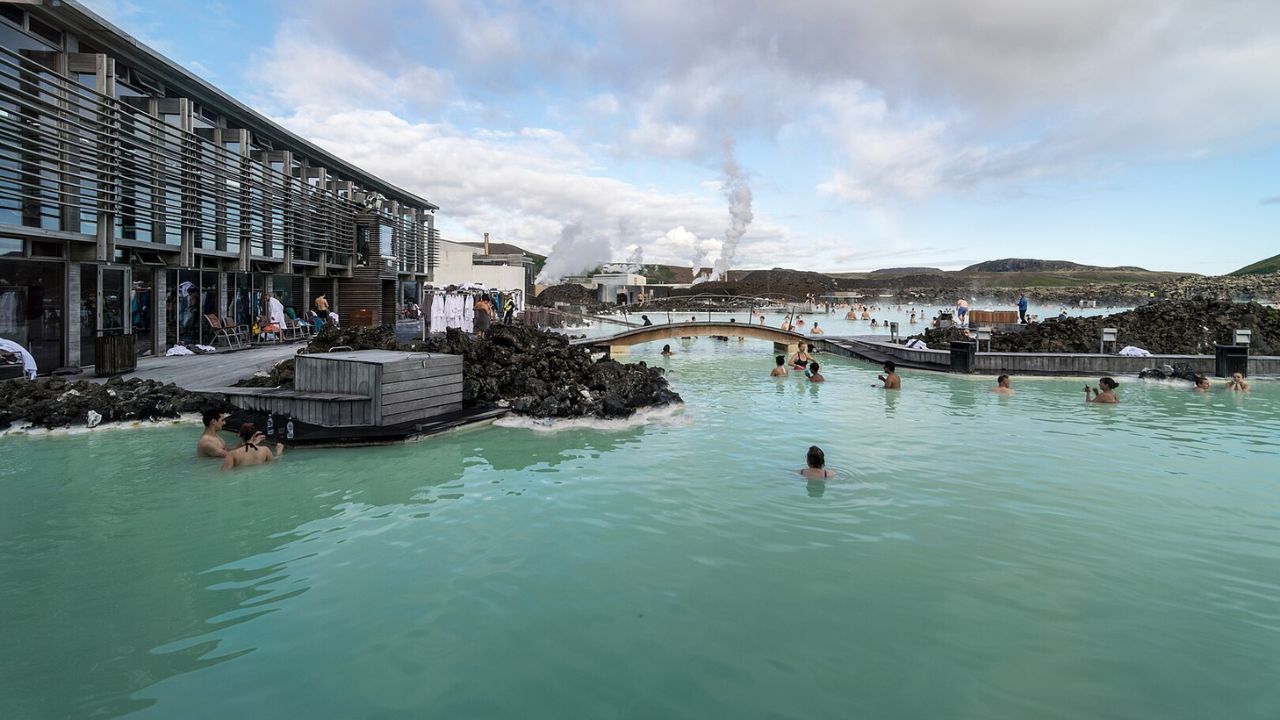The pull is not only palm trees and postcard sunsets. Many Americans want daily life that feels affordable, safer, and less frantic, with room for family and health. Rising housing costs, thin vacation time, and medical bills push hard, while remote work opens doors that used to stay shut. Some plan a year abroad and find a routine that fits better than expected. More than 5 million citizens now live overseas, chasing stability without losing ambition. Interviews show the same theme: a calmer rhythm, clear healthcare, and communities that make belonging feel possible.
Lower Cost of Living and Housing Relief
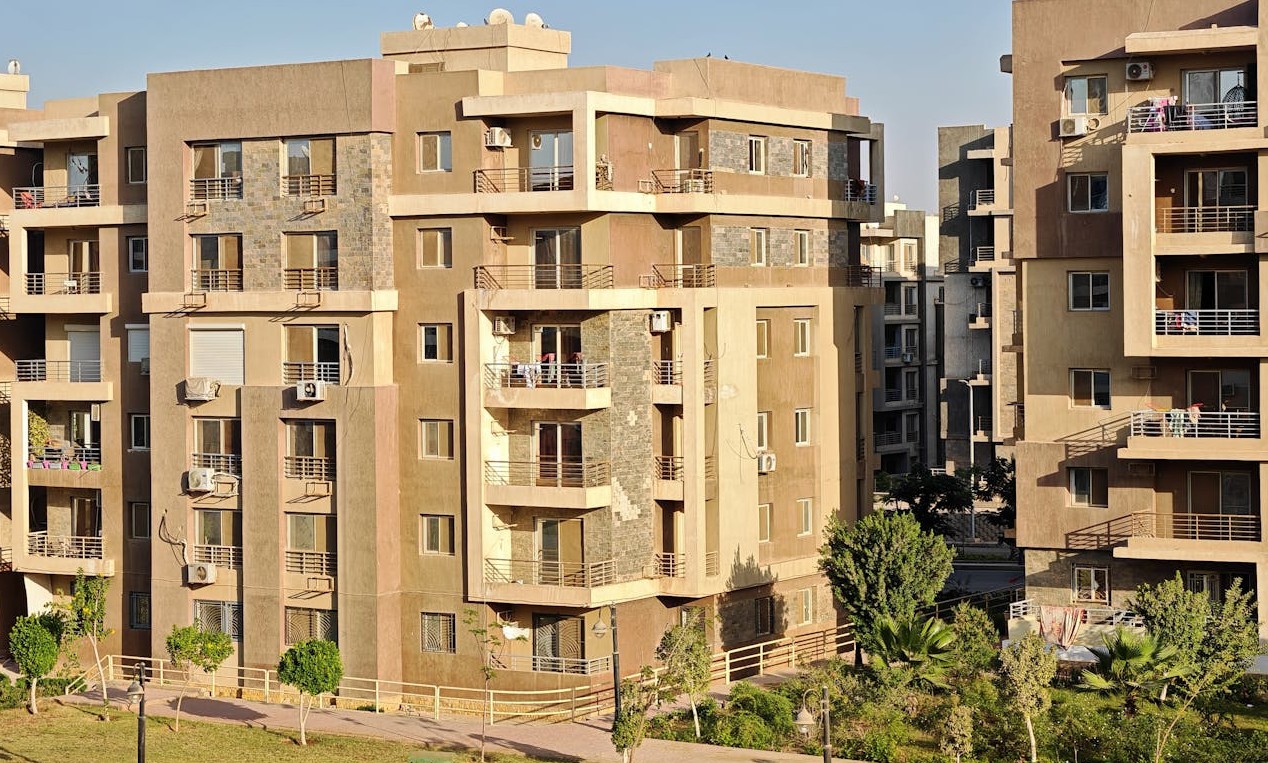
Sticker shock at home pushes families toward cities where rent, transit, and groceries cost less without shrinking quality. Mid sized hubs in Europe, Latin America, and Southeast Asia offer walkable neighborhoods, modern clinics, and weekly markets that replace drive thru habits. Savings do not feel like sacrifice when public parks, trains, and fresh food carry the day. Smaller bills free space for a cushion, language classes, and trips that once lived only on a wish list.
Health Care That Feels Predictable

Many movers describe relief at paying clear prices for clinic visits, preventive care, and medicines. Public systems and private options often blend, with routine needs handled quickly and specialty care scheduled without financial fear. Insurance is simpler, pharmacies feel like partners, and bills stop arriving in puzzles. The shift is not only cheaper; it is calmer. Families plan checkups instead of fundraisers, which changes how a year feels from start to finish.
Remote Work and Visa Pathways

Once laptops cut the tether, countries responded with digital nomad and freelancer visas that allow legal stays and clear taxes. Good internet, coworking spaces, and time zones that match clients keep careers intact while lowering costs. Professionals trade long commutes for morning walks and focused blocks of work. This is not a gap year; it is a portable life with payroll, receipts, and a residency card that invites stability instead of border runs.
Safer Streets and Everyday Security
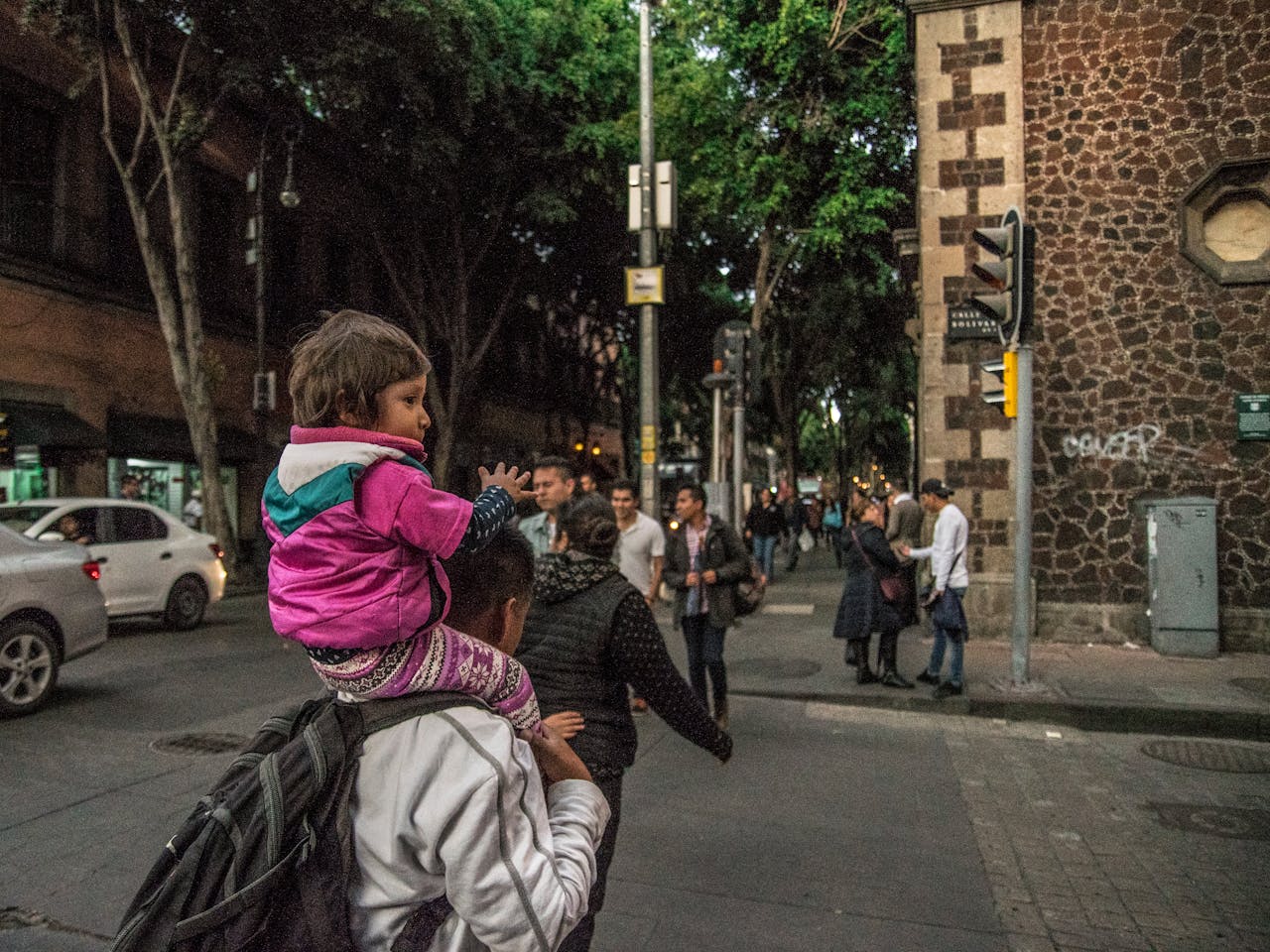
Parents point to calmer headlines and commutes as reasons that last. Many cities abroad favor pedestrian zones, late night transit, and community policing that feels human. Lower gun violence means schools and squares carry a lighter tone. Safety is never perfect, but daily risk feels measured rather than ambient. The result is simple: more evenings outside, more teens on buses, and fewer mental checks before stepping out for milk or a walk. Streetlights and neighbors matter again, which builds casual trust across a whole block.
Work–Life Balance That Actually Holds

Abroad, people point to real vacation time, shorter workweeks, and managers who leave evenings alone. Cafés fill on weekday afternoons with grandparents and strollers, a sign that life is not squeezed into weekends. Public holidays are predictable, and childcare support makes family plans workable. Ambition does not vanish; it just shares space. Energy that once fed survival can shift to craft, learning, or time that costs nothing and matters most.
Education and Bilingual Futures for Kids
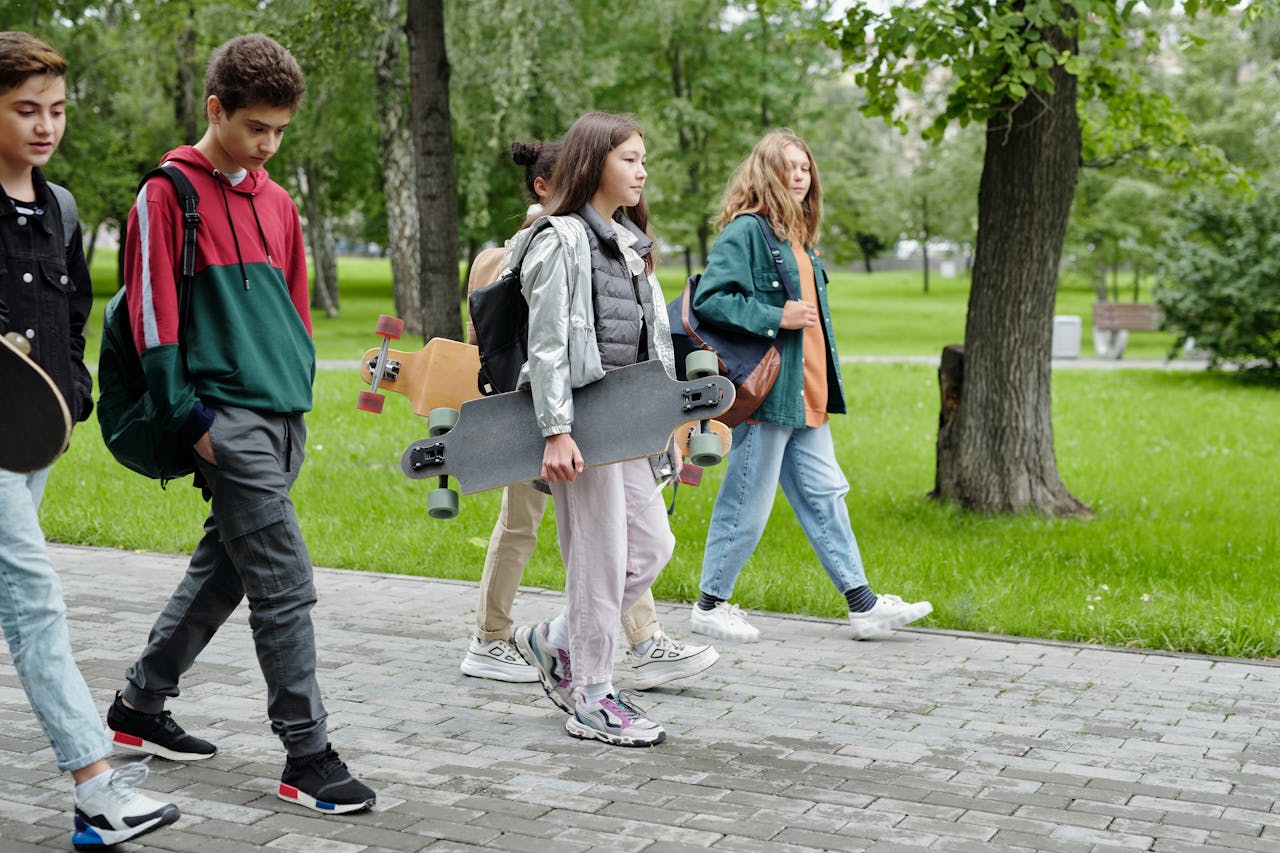
Families move for schools that mix academics with languages, arts, and sport built into the day. International and local programs open bilingual tracks and exams that travel well across borders. Walking to class and riding transit at 12 builds independence parents can trust. University options widen later, with fees that do not crush savings. The bigger gift is daily fluency: kids switch codes at dinner, bridging cultures without putting either one down.
Community, Belonging, and Social Ties

Settling abroad often starts with a language app and ends with neighbors who know the dog’s name. Expat groups help at first, then local clubs, sports, and volunteer gigs take root. Markets, plazas, and festivals create easy collisions that turn into friendships. Loneliness visits, but it does not win when a routine carries faces and names. Belonging grows practical: who to text for a plumber, who to call when plans change, who to meet for coffee.
Slower Pace and Mental Health Gains

People describe sleeping better, walking more, and checking phones less, because the environment nudges them that way. Errands happen on foot, lunches leave desks, and parks compete with screens by being close and free. Therapy and mindfulness are normalized parts of health systems and workplaces. Stress does not vanish, but it spreads out. The body keeps score, then starts to forgive, and mornings feel like a beginning rather than a recovery from yesterday.
Climate, Air, and Access to Nature

Moves often track cleaner air, milder winters, or nearby water and mountains. Transit networks make countryside weekends simple without owning two cars. Cities invest in trees, bike lanes, and shade that beat heat and invite daily movement. Parents notice fewer inhalers in backpacks and more time outside after school. The planet’s big problems remain, but daily life can feel aligned with the fix rather than at odds with it, which lifts spirits. Access matters, and many places make nature feel like a neighbor rather than a calendar event.
Retirement Math That Works
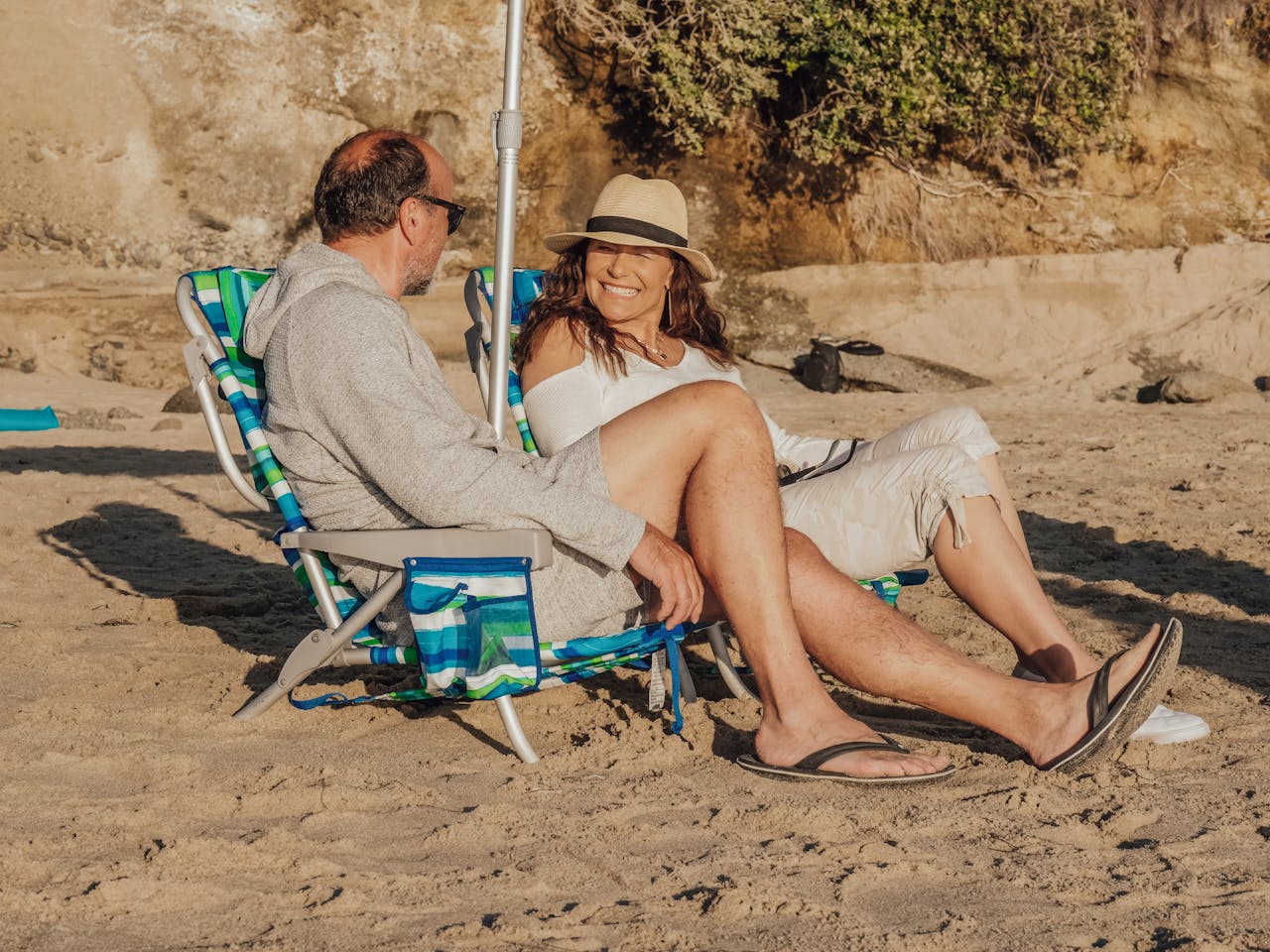
Retirees run the numbers and see pensions and savings stretch farther in places with lower rent, reasonable insurance, and affordable help at home. Walkable neighborhoods keep car costs low, and fresh markets make simple cooking a pleasure. Social clubs and language classes build routine and connection. The result is dignity and choice, not constant trade offs. A nest egg buys years, not months, and the calendar fills with guests instead of bills.


